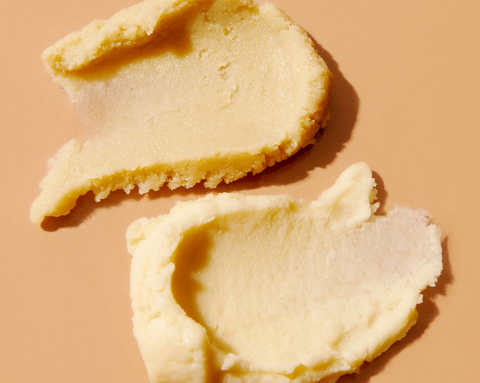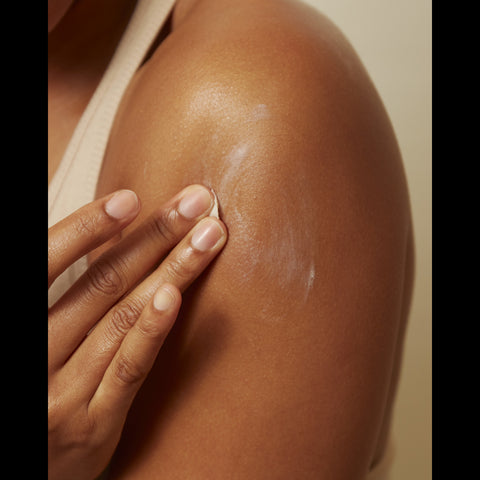What is Eczema
Eczema is a common skin condition that affects people of all ages. It is also known as atopic dermatitis, and it causes the skin to become red, itchy, and inflamed.
Causes of Eczema:
The exact cause of eczema is not known, but it is believed to be caused by a combination of genetic and environmental factors. People with a family history of eczema, asthma, or allergies are more likely to develop eczema. Environmental factors that can trigger eczema include irritants such as soaps, detergents, and chemicals, as well as allergens such as dust mites, pollen, and pet dander.
What is Eczema can appear as a small patch on the body or can be more severe on the face and hands or the insides of the elbows and backs of the knees. There are several things you can do to help to help manage your eczema.Symptoms of Eczema:
The symptoms of eczema vary from person to person, but the most common symptoms include:- Red, inflamed skin
- Dry, scaly patches of skin
- Intense itching
- Thickened, cracked skin
- Blisters or oozing of clear fluid
Eczema can occur on any part of the body, but it is most commonly found on the hands, feet, face, and back of the knees.
How to reduce eczema triggers
- Avoid triggers that can cause flare-ups. These can include certain soaps, detergents, and fragrances, as well as stress, extreme temperatures, and sweating.
- Keep your skin moisturised. Using a moisturiser regularly can help reduce dryness and irritation.
- Avoid hot water. Hot water can strip the skin of its natural oils, making it more susceptible to irritation. Use lukewarm water instead, and avoid long, hot showers.
- Avoid scratching. It can be tempting to scratch your skin when it is itchy, but scratching can make eczema worse and lead to infection. Try to resist the urge to scratch, and use over-the-counter or prescription creams to help control the itching.
- Certain Fabrics: Some fabrics, such as wool and synthetic materials, can irritate the skin and trigger eczema flare-ups. Instead, choose soft, breathable fabrics like cotton or silk. Wear loose, comfortable clothing made of natural fibers. Tight clothing can rub against the skin and irritate it.
- Avoid using harsh or abrasive cleansers or scrubs on your skin. These can further irritate the skin and make eczema worse. Also check your skincare and makeup ingredients and stay away from harsh preservatives and additives like SLS/ SLES which are often found in foaming hand and body washes.
- Keep your home well-ventilated as hot airless rooms can irritate eczema-prone skin. Alternatively invest in a humidifier to add moisture to the air to help keep your skin hydrated.
Natural skincare for eczema
Keeping the skin moisturised can help reduce itching and prevent dryness. Use a moisturiser that is free of fragrances and other irritants. Moisturisers like raw Shea butter cover skin with a protective film to trap in moisture.

Read some amazing reviews from customers who use our raw Shea butter here
LIHA Tip:
Has there can be many factors that can contribute to eczema triggers and flare ups, we recommend keeping a diary that records your stress levels, food and skincare journey. This may help you better understand and identify contributing factors for your eczema breakouts.
If you liked this article, you may also like; 5 Skin Benefits Of Raw Unrefined Shea Butter and 4 Raw Shea Butter Skincare Recipes





Comments (0)
There are no comments for this article. Be the first one to leave a message!